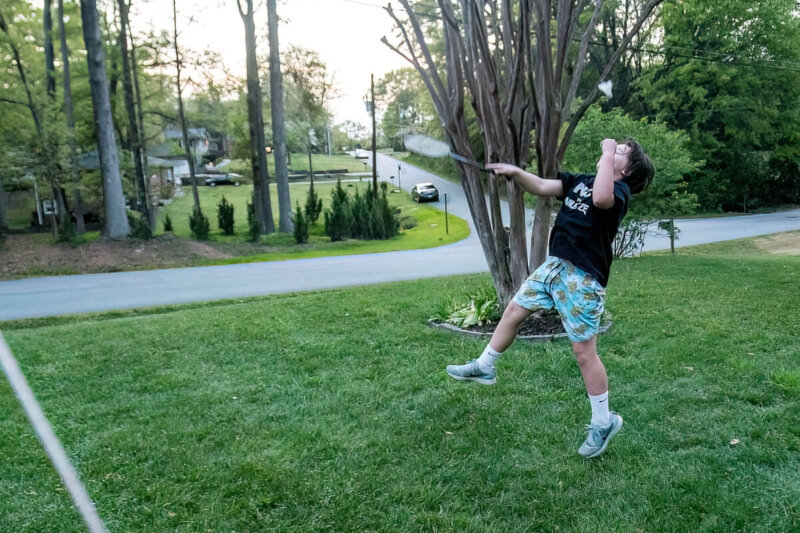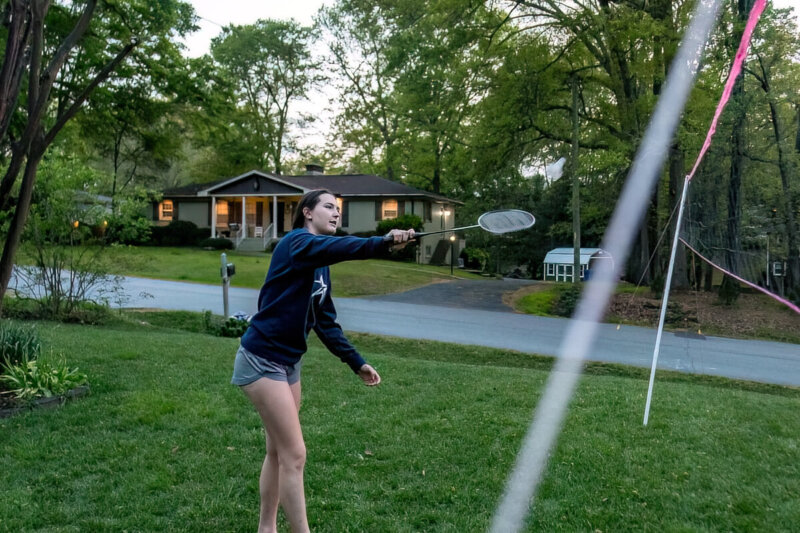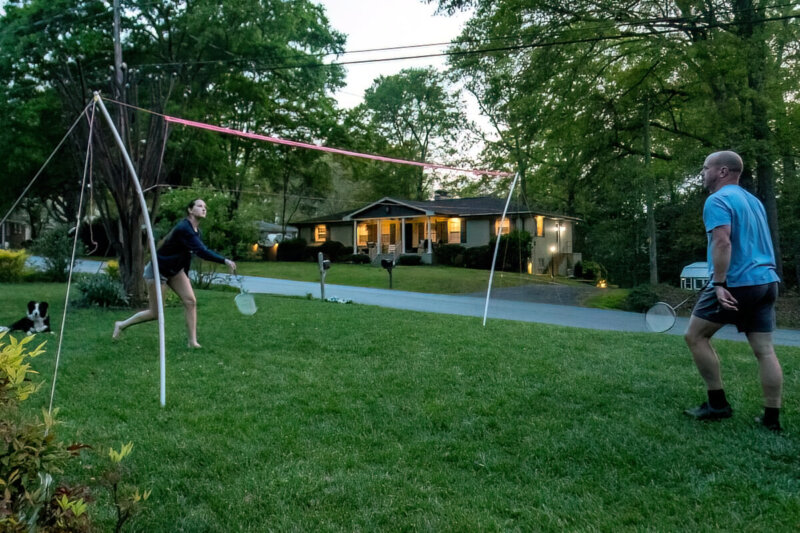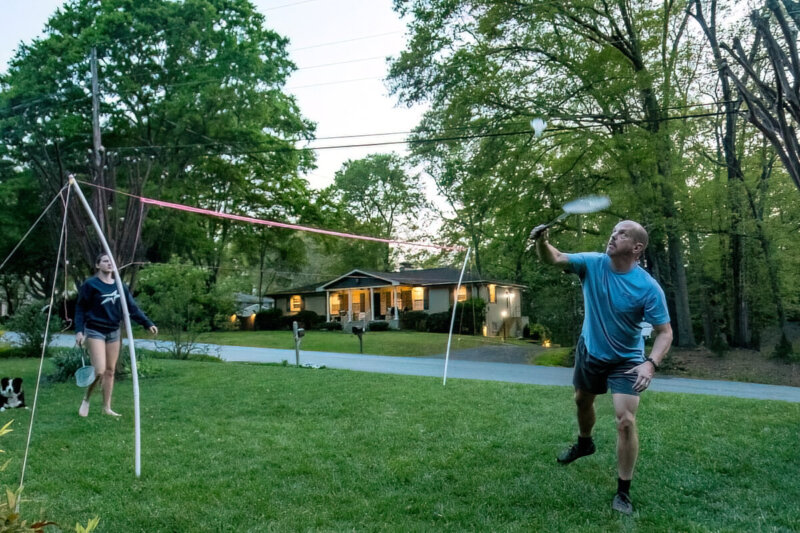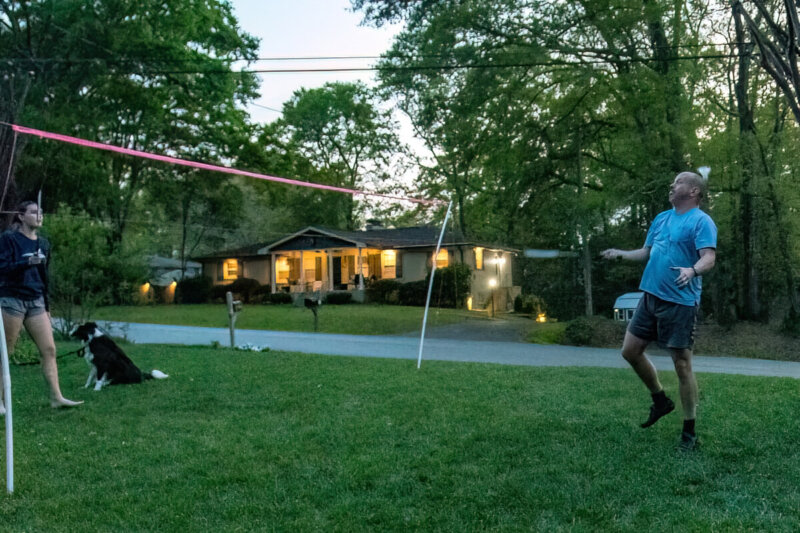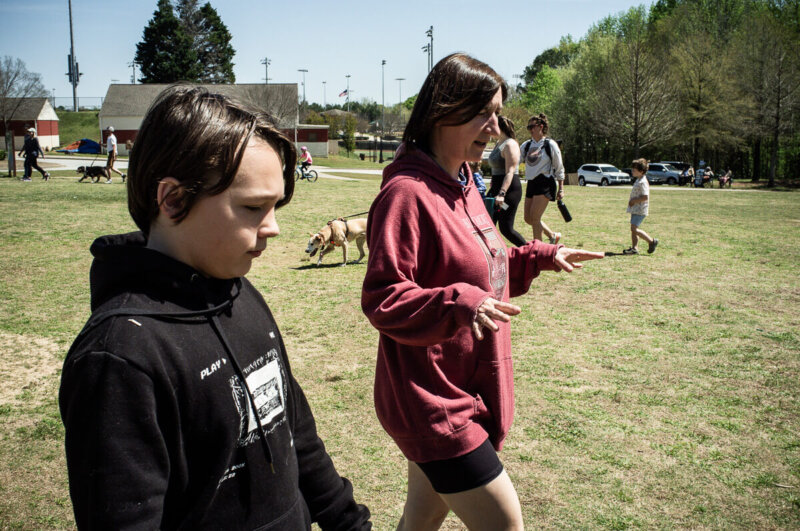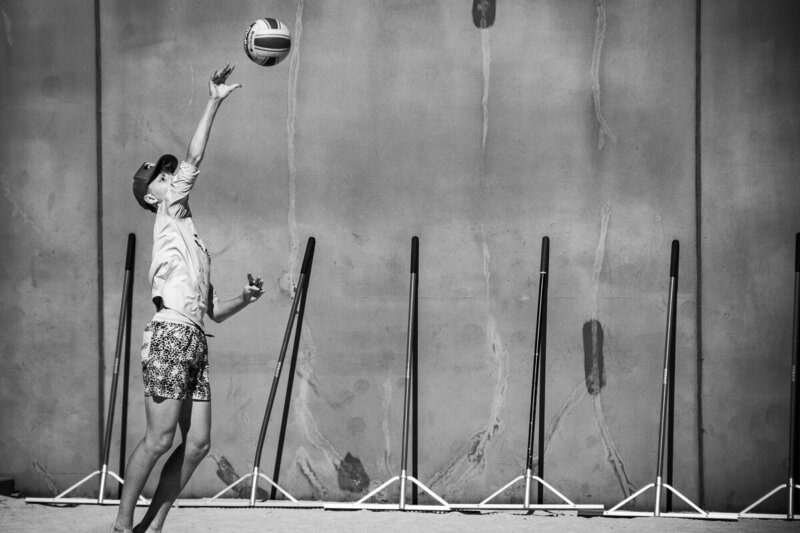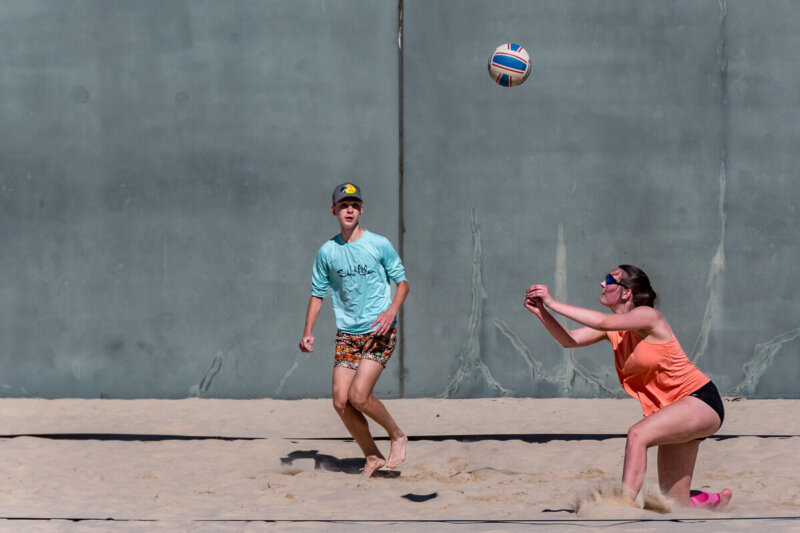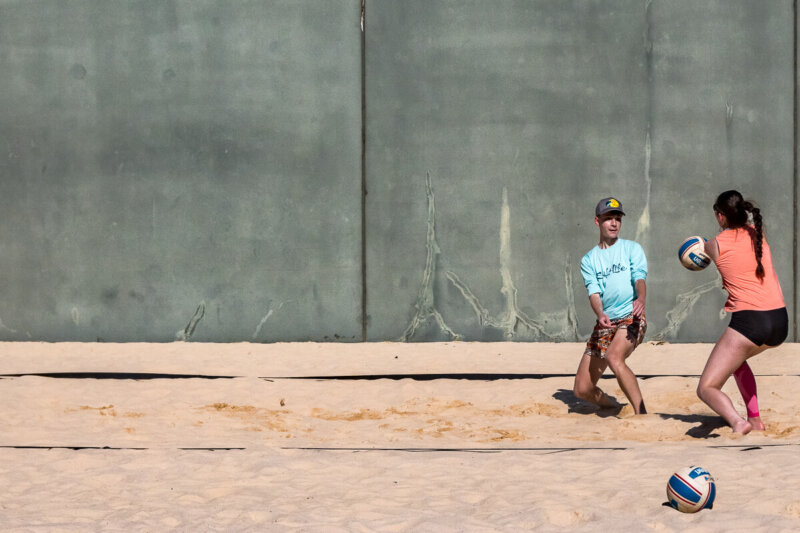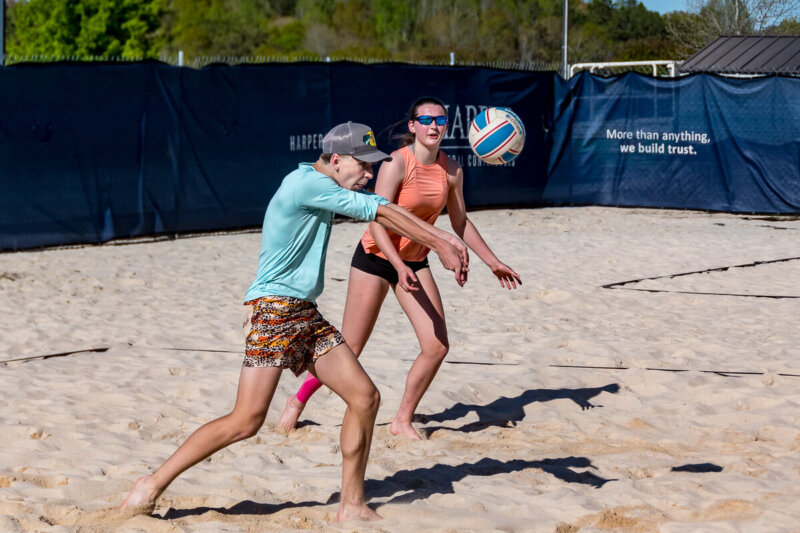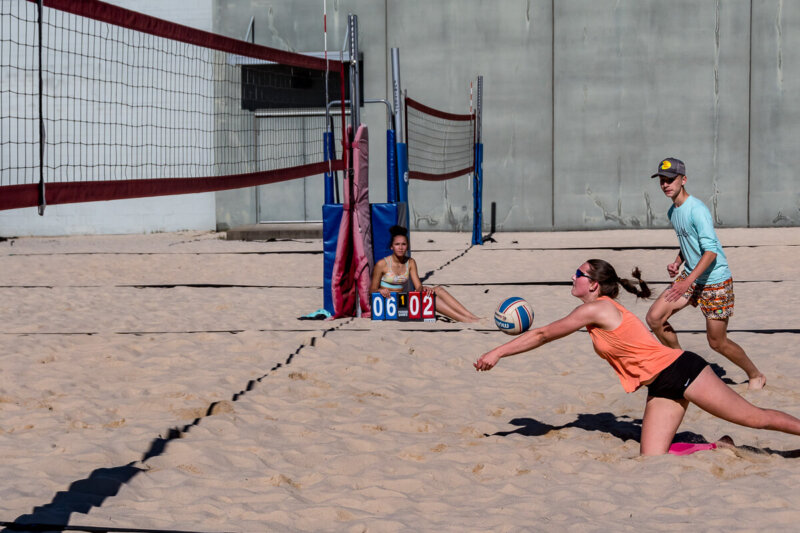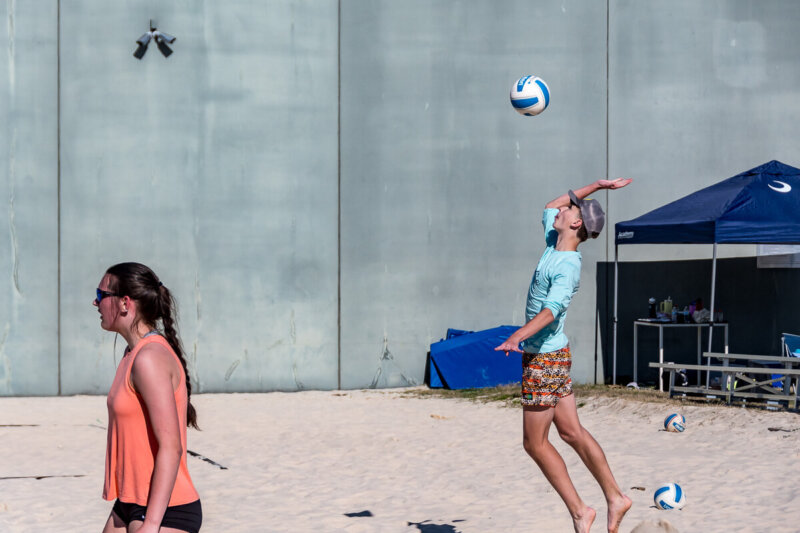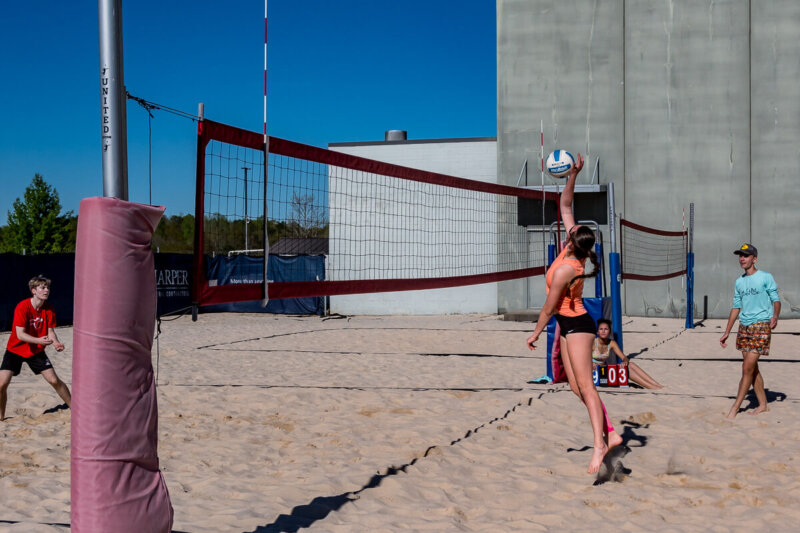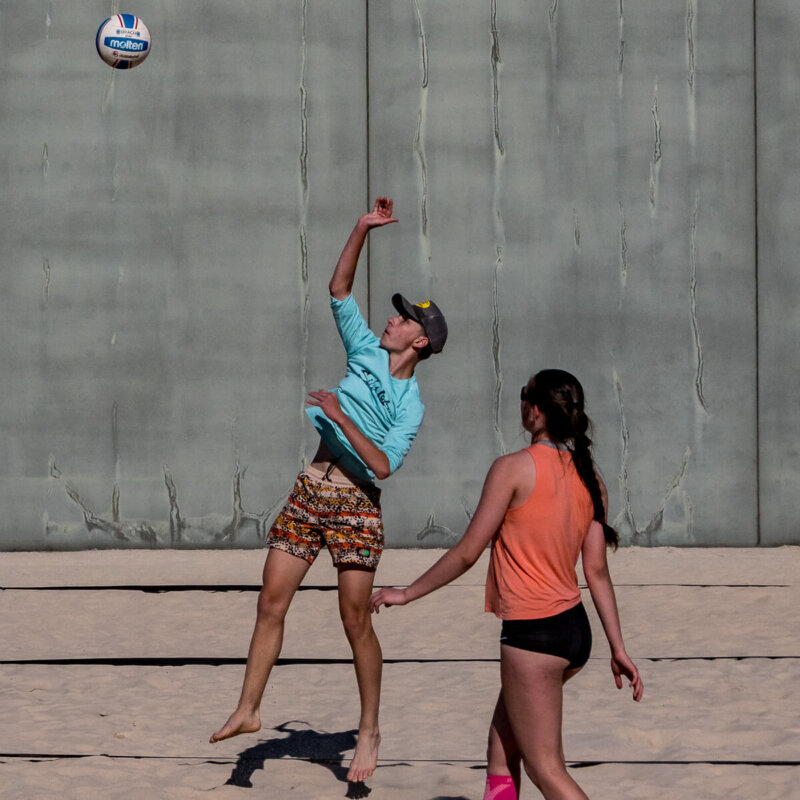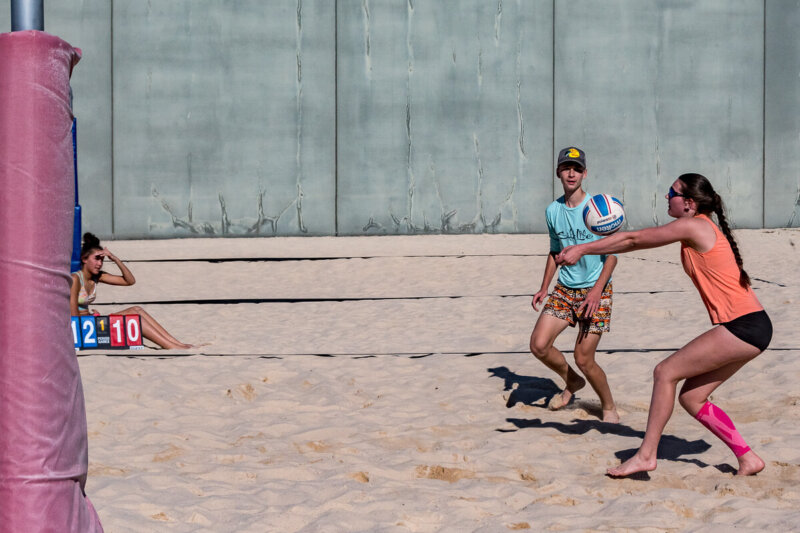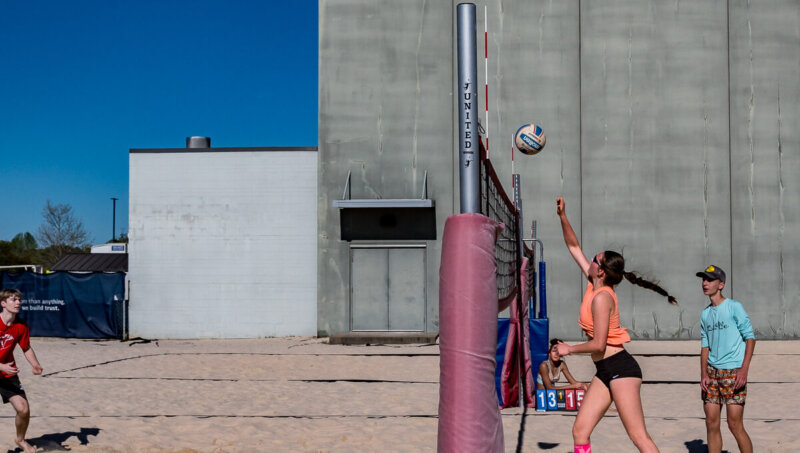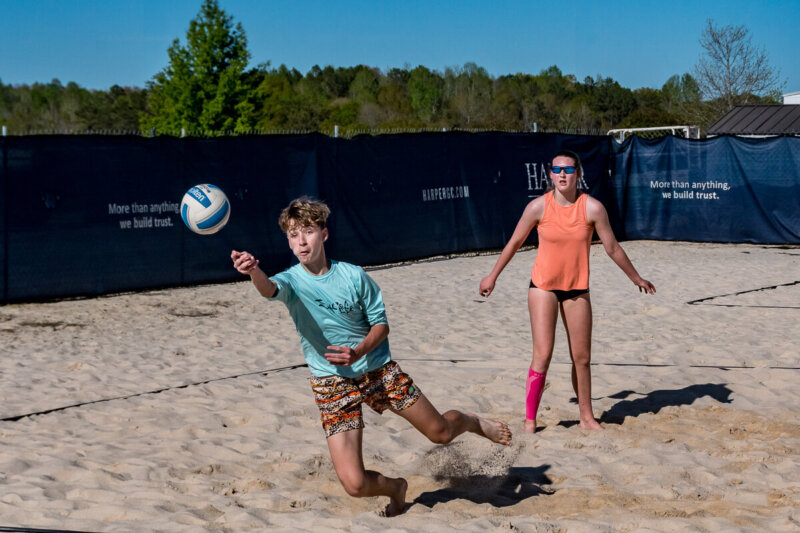The results of this test will pass into mysterious silence: the students would get more feedback about their writing from a random stranger on the street than they will from this test. Other than the practice they gain from writing yet another analytic piece about a text (which was likely painfully boring and irrelevant to them), this test is an utter waste of time.
Yet I admire these kids for the effort they are putting into a largely Sisyphean task, for even those who’d had their heads down at one point complete the test and appear to do their best. This shows a perseverance and maturity that I, in my increasingly cynical fifties, seem to lack. Were I taking this test, my temptation would be to submit a rebellious, snarky response: “We are completely sick of all this testing, and I for one refuse to participate in this charade.”
What would be the reaction of the evaluator? Would she nod in agreement, lowering her head a bit in shame at her admittedly-minimal role in the process? Would he grow indignant, frustrated that the student didn’t see the value of a test he regards so highly, angry at the student’s teacher who so obviously neglected to impress upon the student the critical nature of the test? In short, just how much faith do the creators and evaluators of these tests have in the tests themselves? It’s hard to imagine how they could see any value in today’s test that will be unevaluated and provide students with absolutely no feedback, so we’re all left wondering just why we did it. We all, teachers and students alike, develop the sense that test in general is just a tool to provide numbers to some group of bureaucrats so they can create for educators arbitrary comparisons and goals to provide these bureaucrats with a false sense of effort and accomplishment. We’ve recognized the problem, determined its scope, and created (or rather, ordered the creation of) a set of tests sure to solve the problem. And if they do not solve the problem, we can always create still more tests and metrics that ignore the actual issues but can serve as a balm for our consciences.
This all assumes that something will be done with the test. For all we know, the responses could simply be saved on some computer somewhere, completely forgotten soon enough and totally meaningless as a result.





